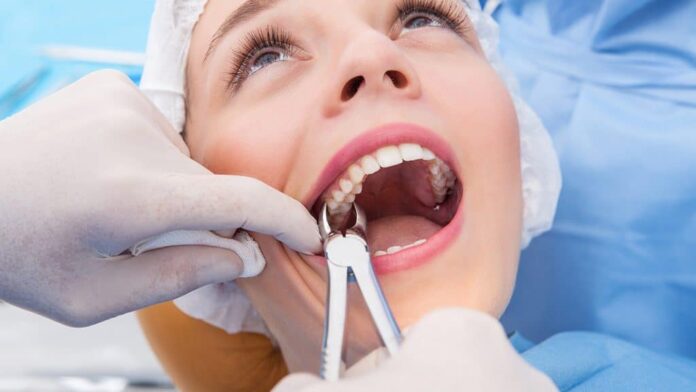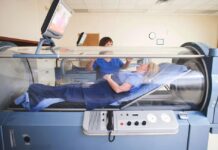It’s not uncommon for people to feel a bit overwhelmed or anxious about the extraction process. But with proper aftercare, you can help ensure that the healing process goes as smoothly as possible. A successful and comfortable tooth extraction healing process starts with following your dentist’s instructions and taking the necessary steps to manage pain and swelling. From avoiding certain foods and activities to maintaining good oral hygiene, there are many ways to ensure that your extraction site heals quickly and properly.
However, it’s important to be mindful of potential complications and to be aware of warning signs that may indicate a problem. Dry socket, for example, is a painful condition that can occur if the blood clot that normally forms after an extraction is dislodged. This can expose the bone and nerves, leading to increased pain and discomfort.
Ultimately, proper aftercare is key to a positive outcome after a tooth extraction. By taking the time to follow your dentist’s recommendations and taking care of your oral health, you can help ensure that your extraction site heals quickly and without any issues.
Pre-Extraction care
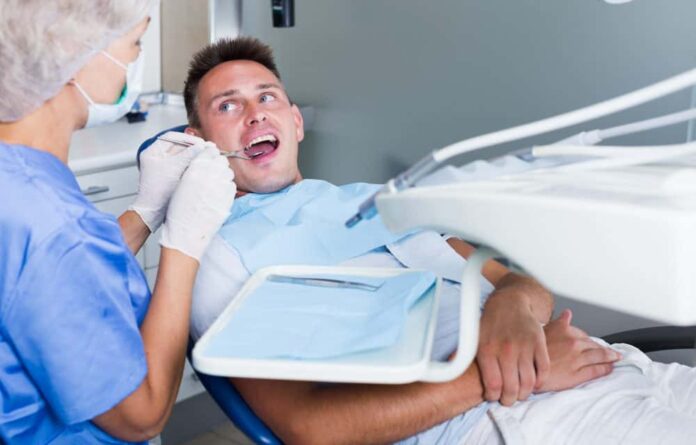
It is important to be well prepared before the tooth extraction procedure. Your dentist will provide you with a set of instructions that you need to follow carefully to ensure a successful and safe extraction. Some of these instructions may include avoiding certain medications, such as aspirin, ibuprofen, or other blood-thinning drugs, as they can increase bleeding during the extraction. You may also be asked to rinse your mouth with an antiseptic solution, or fast for a few hours before the procedure.
Having someone to drive you home after the extraction is also crucial. The procedure can cause significant discomfort and pain, and it’s not recommended to operate heavy machinery or perform any strenuous activities right after. Taking the day off work or school is highly recommended to allow yourself sufficient time to rest and recover.
You have to inform your dentist about any medical conditions or allergies you may have, as well as any medications you are currently taking. This information is crucial in ensuring a safe and successful extraction procedure.
Additionally, you should also make sure to follow a healthy and balanced diet leading up to the procedure. This will help keep your body in good condition and support the healing process. Staying hydrated and drinking plenty of water is also important, as it will help flush out harmful bacteria from your mouth.
Post-Extraction aftercare
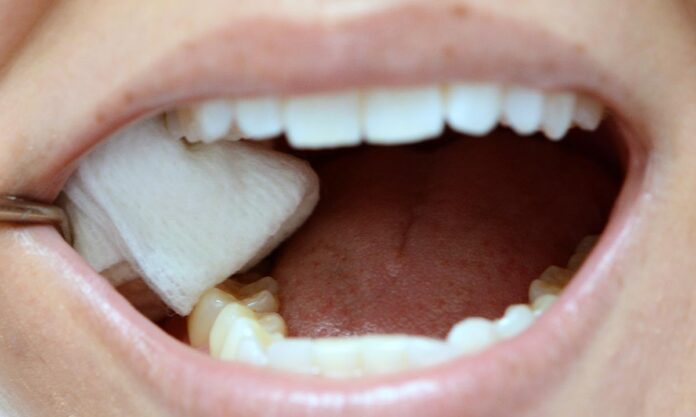
After the extraction, you’ll be feeling some pain and swelling. This is completely normal and nothing to worry about. To manage the pain, you can apply an ice pack to the affected area for 30 minutes at a time, or take the pain medication your dentist prescribed. You may also feel some throbbing or aching, which can last for several days.
To keep the extraction site clean, you should avoid brushing or rinsing your mouth for the first 24 to 48 hours. After that, you can start rinsing your mouth gently with salt water, especially after eating. This will help to keep food particles and bacteria away from the healing area. You should also avoid drinking through a straw, since the suction can dislodge the blood clot and delay healing.
Some foods and activities are best avoided after an extraction. Steer clear of crunchy or chewy foods, such as apples, carrots, or popcorn. Also, avoid smoking, spitting, or rinsing your mouth too vigorously, since these can all increase the risk of dry socket. Dry socket is a painful condition that occurs when the blood clot that normally forms after an extraction is dislodged, exposing the bone and nerves.
If you experience any unusual symptoms, such as a fever, persistent pain, or heavy bleeding, be sure to contact your dentist right away. They may need to see you for a follow-up appointment or prescribe antibiotics to prevent an infection. You should read more about infection symptoms in advance to be well-prepared.
Long-Term aftercare
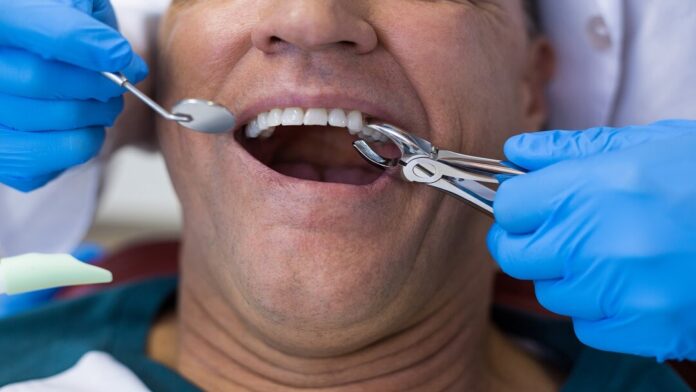
After several weeks, the extraction site will have healed completely. But that doesn’t mean you can neglect your oral hygiene!
Brushing and flossing your teeth on a regular basis will help prevent decay and gum disease, as well as keep your other teeth healthy. It is also important to take precautions to protect the extraction site from any injury or further harm. This can be done by avoiding hard or sticky foods, and using a mouthguard if you engage in any physical activity or sports.
Regular check-ups with your dentist are crucial in the aftercare process. During these appointments, your dentist will be able to monitor the healing process and ensure that there are no complications. They will also be able to advise you on the best options for replacement teeth, such as dental implants or bridges, if necessary. It is important to listen to your dentist’s recommendations and follow their instructions for the best outcome.
Additionally, it is crucial to maintain a balanced diet to support the healing process and overall oral health. You should avoid consuming food and drinks that are high in sugar or acid as they can cause further harm to your teeth and gums. You should also stay hydrated and drink plenty of water to help flush out harmful bacteria from your mouth.
Conclusion
Proper aftercare should not be overlooked or taken lightly. It’s the foundation for a successful and smooth healing process after a tooth extraction. Whether it’s taking pain medication as prescribed, avoiding straws and smoking, or regularly rinsing your mouth with salt water, these small steps can make a big impact on the outcome of your healing journey.
It’s also important to be mindful of potential complications and to be aware of warning signs that may indicate a problem. If you experience increased pain, swelling, or any other unusual symptoms, be sure to contact your dentist immediately.
Ultimately, by taking the necessary steps for proper aftercare, you can help ensure that your tooth extraction healing process goes smoothly and successfully. And when it’s all said and done, you’ll be left with a healthy and comfortable smile that you can be proud of.

